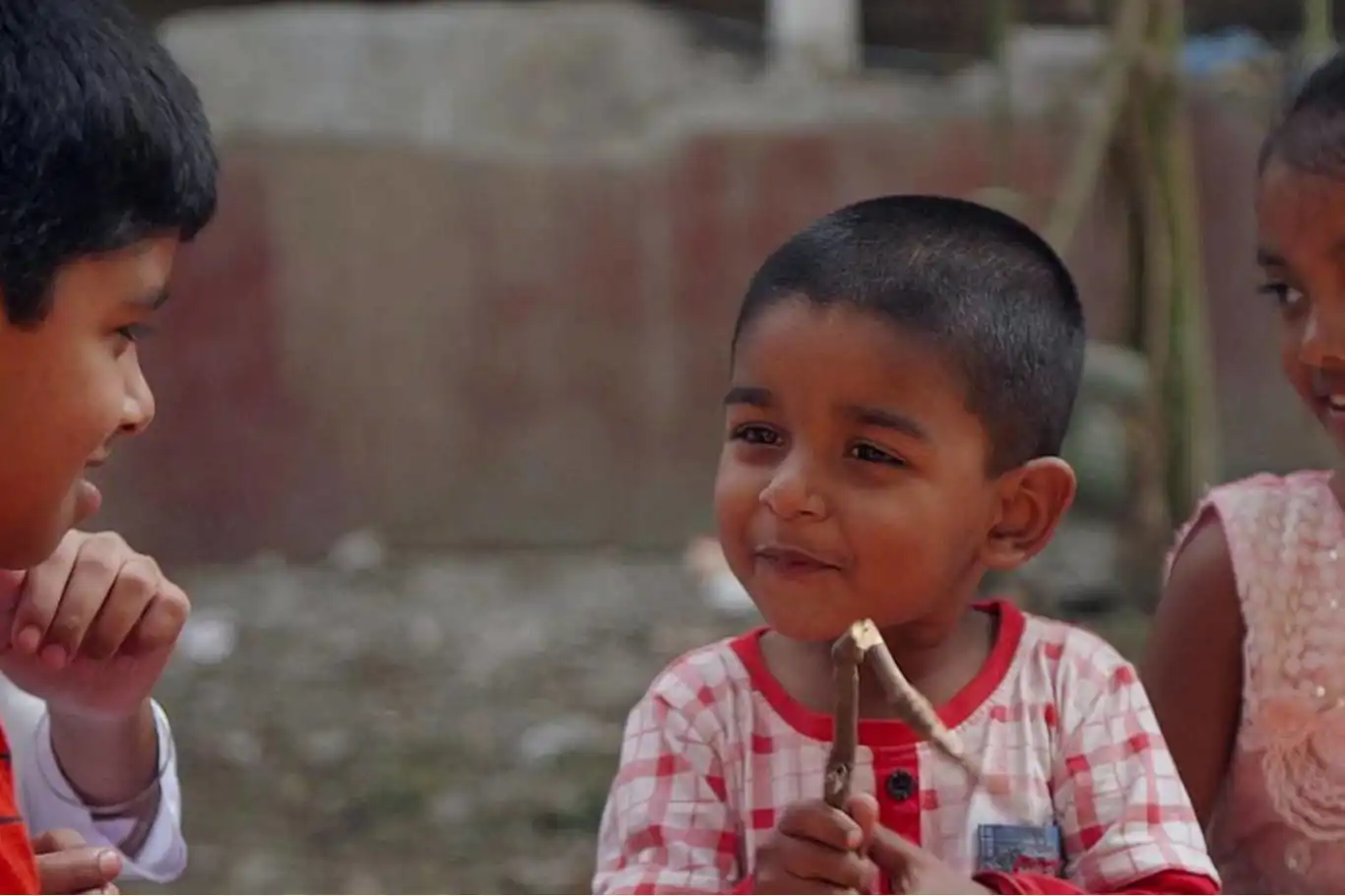UNICEF urges multi-sectoral action plan to combat lead poisoning in Bangladesh


The United Nations Children's Fund (UNICEF) has called on Bangladesh’s ministries to implement a multi-sectoral action plan to address lead poisoning, emphasizing the need for enhanced laboratory capacity within health and environmental sectors to test for heavy metals.
This call comes as Bangladesh ranks fourth globally in the number of children affected by lead pollution, with over 35 million children experiencing dangerously high lead levels in their blood.
The national workshop, jointly organized by Bangladesh's Ministry of Environment, Forest and Climate Change and UNICEF to mark International Lead Poisoning Prevention Week, presented alarming evidence of blood lead levels among children, identifying primary contamination sources and pathways. UNICEF’s Representative to Bangladesh, Rana Flowers, stressed that the impacts of lead poisoning in children are both "life-long and irreversible" and emphasized the importance of preventive measures to reduce health and educational costs associated with lead exposure.
"With clear laws and commitment from the private sector, the health burden can be dramatically reduced," Flowers said, reaffirming UNICEF’s commitment to working alongside Bangladesh’s interim government to create a "healthier and safer" environment for children.
Syeda Rizwana Hasan, an adviser from the Ministry of Environment, expressed the government’s commitment to a lead-free future by 2040. Hasan highlighted lead poisoning as a "silent crisis" and urged all stakeholders to contribute to a comprehensive action plan to eliminate toxic metal exposure across the nation.
The Partnership for a Lead-free Future (PLF) initiative, a global effort targeting lead exposure in children, supports Bangladesh’s goal of eradicating childhood lead poisoning by 2040. The collaboration between UNICEF, government ministries, and international partners aims to establish a roadmap to eliminate lead sources and protect future generations from this preventable threat. (ILKHA)
LEGAL WARNING: All rights of the published news, photos and videos are reserved by İlke Haber Ajansı Basın Yayın San. Trade A.Ş. Under no circumstances can all or part of the news, photos and videos be used without a written contract or subscription.
A nationwide polio vaccination campaign began on Monday across 11 provinces of Afghanistan, aiming to immunize 4.8 million children under the age of five.
Mongolia officially launched a nationwide vaccination campaign against human papillomavirus (HPV) on Thursday, targeting the prevention of cervical cancer, the National Center for Communicable Diseases (NCCD) announced.
A seemingly simple piece of conceptual art has shocked the art world, with a banana duct-taped to a wall selling for a staggering $6.2 million at a Sotheby's auction.
Perched atop a rugged hill with breathtaking views of the vast plains of Doğubayazıt in Türkiye's Ağrı province, İshak Pasha Palace is a majestic testament to centuries of architectural brilliance and cultural heritage.